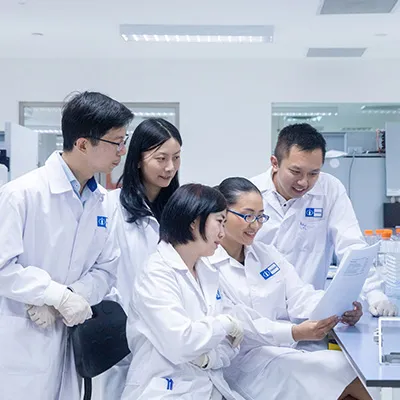Singapore is ramping up its efforts to diagnose and treat glaucoma early, with a $25 million research programme launched on Tuesday to significantly reduce the rate of blindness caused by the disease over the next 10 years.
Some projects that the programme will be funding may include artificial intelligence (AI) software that can be used by ophthalmologists to diagnose patients during a routine eye check, or genetic risk factor testing.
Professor Aung Tin, Chief Executive of the Singapore National Eye Centre (SNEC) and principal investigator of the programme, said: "Glaucoma worldwide is the leading cause of irreversible blindness and by 2040, more than 110 million people are projected to have glaucoma worldwide."
He added that the number is estimated to increase over time due to the ageing of the world's population.
The five-year-programme, known as Tackling and Reducing Glaucoma Blindness with Emerging Technologies (Target), is helmed by the Singapore Eye Research Institute and funded by the National Research Foundation (NRF) Singapore.
Glaucoma causes blindness due to a build-up of pressure in the eye which damages the optic nerve that sends visual information to the brain.
Prof Aung said: "We hope that our research can lead to improved patient care and cost savings for healthcare systems, not just in Singapore, but also in the region and beyond."








